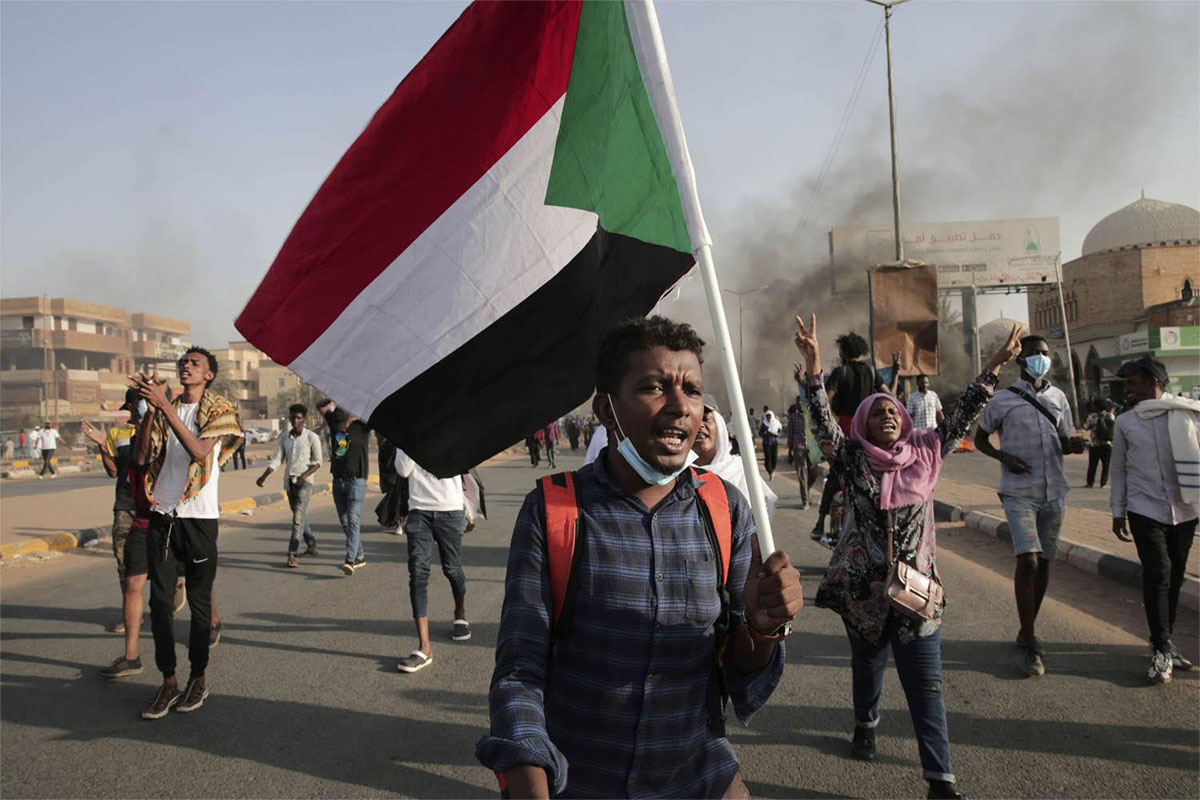
Photo Credit: Reuters
In a world where social media is the megaphone for global communication, what happens when a country decides to hit the mute button? In South Sudan, the government has decided to block access to social media for at least 30 days after disturbing videos triggered riots and deadly revenge attacks.
The controversial move, which has left citizens without access to Facebook, TikTok, and other platforms, comes in the wake of violence following reports of killings in Sudan’s El Gezira state. The government claims this drastic action is needed to protect the public from the violence being incited on social media. But for many, the move raises serious questions about freedom of expression and the role of social media in modern society.
Isaac Anthony Lumori, a South Sudanese musician, voiced his frustrations, noting that as an artist, social media is a crucial tool for connection and creativity. It’s clear—while protecting the public from violence is important, silencing communication can have its own set of consequences. So, who’s in charge when it comes to navigating these murky waters of public safety vs. freedom?
In the end, South Sudan’s experiment with a social media blackout may be a necessary evil—but it’s also a sign of just how powerful these platforms have become. Will they continue to shape political and social landscapes, or will governments find new ways to silence the voices that could otherwise bring about change? Stay tuned, because this debate is far from over.

















